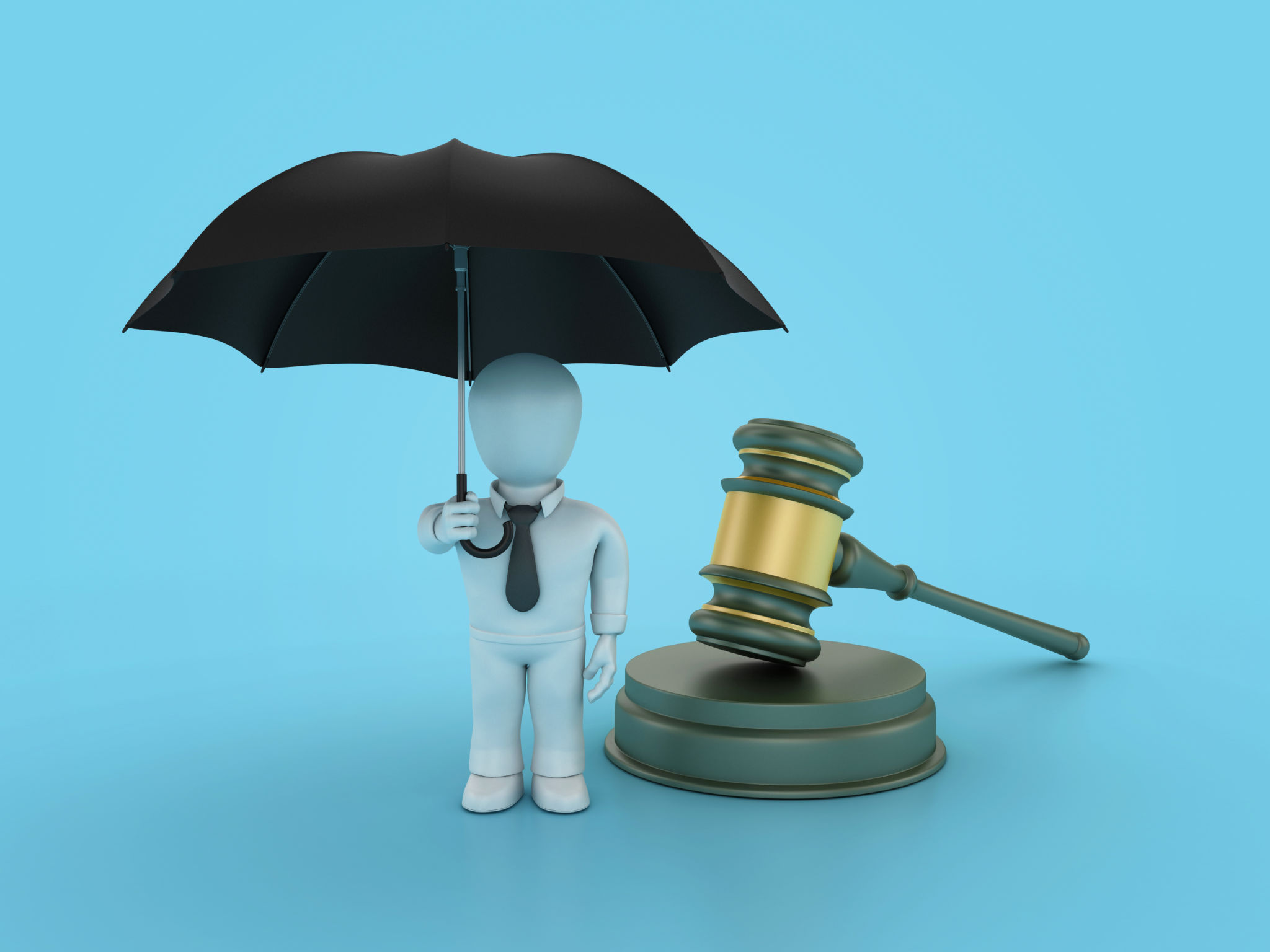How to Stop Debt Collector Harassment and Protect Your Rights
If you’ve ever felt anxious every time your phone rings, wondering if it’s another aggressive debt collector, you’re not alone. Millions of Americans are facing similar stress due to debt collector harassment. But here’s the truth: you have rights under federal and state laws that can protect you.
In this blog, we’ll explain what debt collector harassment is, how to recognize it, and—most importantly—how to stop it. Whether you’re receiving threatening letters, intimidating phone calls, or even lawsuits, this guide will show you how to take control and defend yourself legally and effectively.
What Is Debt Collector Harassment?

Understanding Harassment Tactics
Debt collectors have the right to pursue payment, but they do not have the right to intimidate, threaten, or shame you. When their behavior crosses the line, it becomes harassment—and it’s illegal.
Common examples of harassment include:
- Repeatedly calling your phone, even at work
- Using abusive or profane language
- Threatening to sue you or garnish wages without proper legal grounds
- Calling your friends, family, or employer about your debt
- Calling before 8 a.m. or after 9 p.m.
- Refusing to provide written verification of the debt
If you’re experiencing any of these, it’s time to take action.
The Fair Debt Collection Practices Act (FDCPA)
The FDCPA is a federal law enacted to protect consumers from abusive collection practices. Under this law:
- You can request that collectors stop contacting you
- Collectors must verify the debt if requested
- They may not misrepresent themselves or the debt
- They are prohibited from harassing or threatening you
Violations of the FDCPA can result in fines and lawsuits against the collector—not you.
How to Stop Debt Collector Harassment Today

Step 1 – Keep a Record
Every time a collector contacts you, keep a log:
- Date and time of call.
- Name of the collector and agency
- What was said
- Any threats or violations
If you plan to file a complaint or lawsuit, this record is critical.
Step 2 – Request a Cease and Desist Letter
Under the FDCPA, you have the right to send a cease and desist letter to the collection agency. Once they receive this letter, they are legally required to stop contacting you—except to inform you of a lawsuit or that collection efforts have ended.
Make sure your letter is in writing and sent via certified mail with return receipt requested.
Step 3 – Dispute the Debt in Writing
If you believe the debt is inaccurate, dispute it in writing within 30 days of the first collection notice. The collector must stop all activity until the debt is verified.
Many debts are:
- Outdated or already paid
- Belonging to someone else
- Beyond the statute of limitations
Step 4 – Contact a Legal Advocate or Debt Relief Expert
If harassment continues, or if you’re facing a lawsuit, speak with an attorney or debt relief expert. Many offer free consultations and can help defend you against:
- Collection lawsuits
- Wage garnishments
- Bank levies
- Credit damage
Your Rights Against Collection Lawsuits

What to Do If You’re Sued by a Debt Collector
If a collector files a lawsuit against you:
- Do not ignore it. Failure to respond results in a default judgment.
- File a response (Answer) with the court within the deadline.
- Seek legal help immediately.
In many cases, debts are unverified, or collectors cannot prove their legal right to sue. A professional can help you dispute the claim or negotiate a settlement.
How to Avoid Wage Garnishment and Bank Levies
Some judgments can lead to garnishments. However, with early intervention—either through negotiation or a formal debt relief program—you can avoid court enforcement.
Debt Relief Options to End Harassment for Good

Why Harassment Happens
Collectors are often paid on commission. Their goal is to collect as much as possible using fear, guilt, and pressure.
But you have alternatives:
- Debt settlement can reduce what you owe
- Debt management programs can lower your interest
- Consolidation may simplify payments into one
- Legal defense can challenge invalid debts
Work With a Trusted Debt Relief Provider
Look for a company that offers:
- Free consultation
- Transparent pricing
- No upfront fees
- Legal support if needed
They can help stop the calls and letters, protect your credit, and build a real strategy toward financial freedom.
What to Expect From a Free Consultation

During a free debt consultation, you’ll speak with an expert who will:
- Review your debts, income, and financial goals
- Explain your rights
- Evaluate your options: settlement, negotiation, or consolidation
- Recommend a custom plan
There’s no pressure—just answers and solutions.
The Psychological Toll of Harassment and How to Reclaim Peace

Harassment isn’t just financial—it’s emotional. People dealing with debt often experience:
- Anxiety and depression
- Shame and fear
- Loss of sleep
- Relationship problems
You deserve peace. With the right help, you can regain confidence and build a better future—free from harassment and financial worry.
Summary – Know Your Rights, Use Your Voice
Debt collectors rely on silence and ignorance. But now you know:
- What debt collector harassment looks like
- How to stop it with a cease and desist letter
- Your rights under the FDCPA
- How to fight collection lawsuits
- Where to get legal and financial support
You’re not alone—and you’re not powerless.